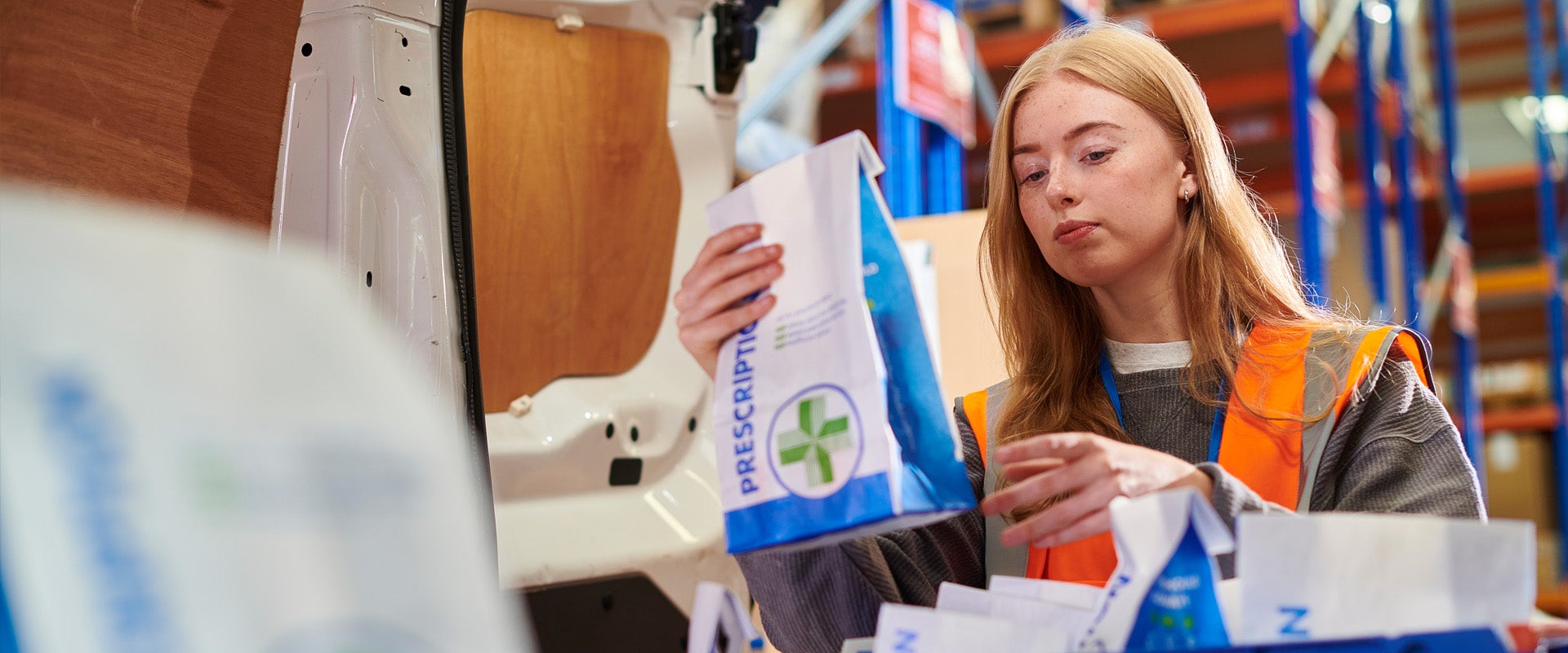
When a shipment of temperature-sensitive vaccines or therapeutics leaves the factory, the margin for error is vanishingly small. A short time outside the right temperature range or a hold-up at a border can render the products useless — wasting millions of dollars and, more importantly, putting patients at risk.
This is the reality of healthcare and pharmaceutical supply chains: intricate, tightly regulated networks where precision is the difference between success and failure. The pandemic revealed how easily those networks can fracture — and how quickly they can be reconfigured when there is no alternative.
Now, new pressures are mounting. Half of all new drugs require cold-chain handling, while the growth of biosimilar usage adds further strain. Regulatory scrutiny is tightening, with the 2025 EU Good Distribution Practice (GDP) update raising the bar on traceability. At the same time, climate commitments are pushing organisations to redesign networks for lower emissions.
The challenge is clear. In the years ahead, industry players must build supply chains that are both resilient to disruption and credible in the eyes of regulators, while moving decisively toward a lower-carbon future.
Partnering for resilience and compliance
To manage this complexity, healthcare organisations increasingly depend on specialist third-party logistics providers (3PLs). Best-in-class providers run GDP-validated networks supported by 24/7 control towers and lane-risk mapping. For healthcare systems such as the NHS, this can translate into fewer therapy write-offs and improved patient outcomes.
Choosing the right logistics partner also helps meet regulatory expectations. Robust quality systems reduce the risk of audit failures or product recalls, while investments made by logistics providers in automation, alternative-fuel fleets and advanced analytics provide access to cutting-edge infrastructure without tying up customers’ internal resources.
Selection criteria typically focus on regulatory assurance, delivery reliability and cold-chain expertise. Increasingly, advanced capabilities such as secure chain-of-custody, late-stage customisation and real-time IoT telemetry are differentiators. Scalability and sustainability credentials are also becoming decisive factors in competitive tenders (see Figure 1).
Balancing technology, sustainability and regulation
Cold chains remain vulnerable, especially at hand-offs where visibility drops. Organisations are responding with better monitoring, more resilient packaging and expanded storage, while also tackling the challenge of decarbonising logistics. Modal shifts, upgraded refrigeration and reusable packaging are already helping to cut emissions without compromising quality.
Technology is central to these efforts. IoT tracking, automation and digital platforms are improving visibility and reducing errors, while predictive analytics allow supply chains to be managed more proactively and efficiently. The pandemic accelerated this transition, prompting diversification, buffer stocks and new delivery models such as NHS drone trials.
All of this is unfolding against a backdrop of tougher regulation (see Figure 2). Europe is raising distribution standards, the US is enforcing end-to-end serialisation and Brexit has created new import rules. Compliance now requires more than box-ticking: organisations must show control, maintain oversight of partners and be ready for audit at all times.
The road ahead
The outlook for healthcare and pharmaceutical logistics is one of continual adaptation. More products need careful handling, rules are getting tighter and the pressure to cut emissions is growing. The task now is to design supply chains with resilience at their core. Done well, this will reduce risk and give the industry a framework it can trust in the years ahead.
At L.E.K. Consulting, we work with organisations around the world to design supply chains that are resilient, compliant and sustainable. If you would like to discuss how to future-proof your operations and stay ahead of regulatory and technological change, please contact us.
L.E.K. Consulting is a registered trademark of L.E.K. Consulting LLC. All other products and brands mentioned in this document are properties of their respective owners. © 2025 L.E.K. Consulting LLC
10152025001009




